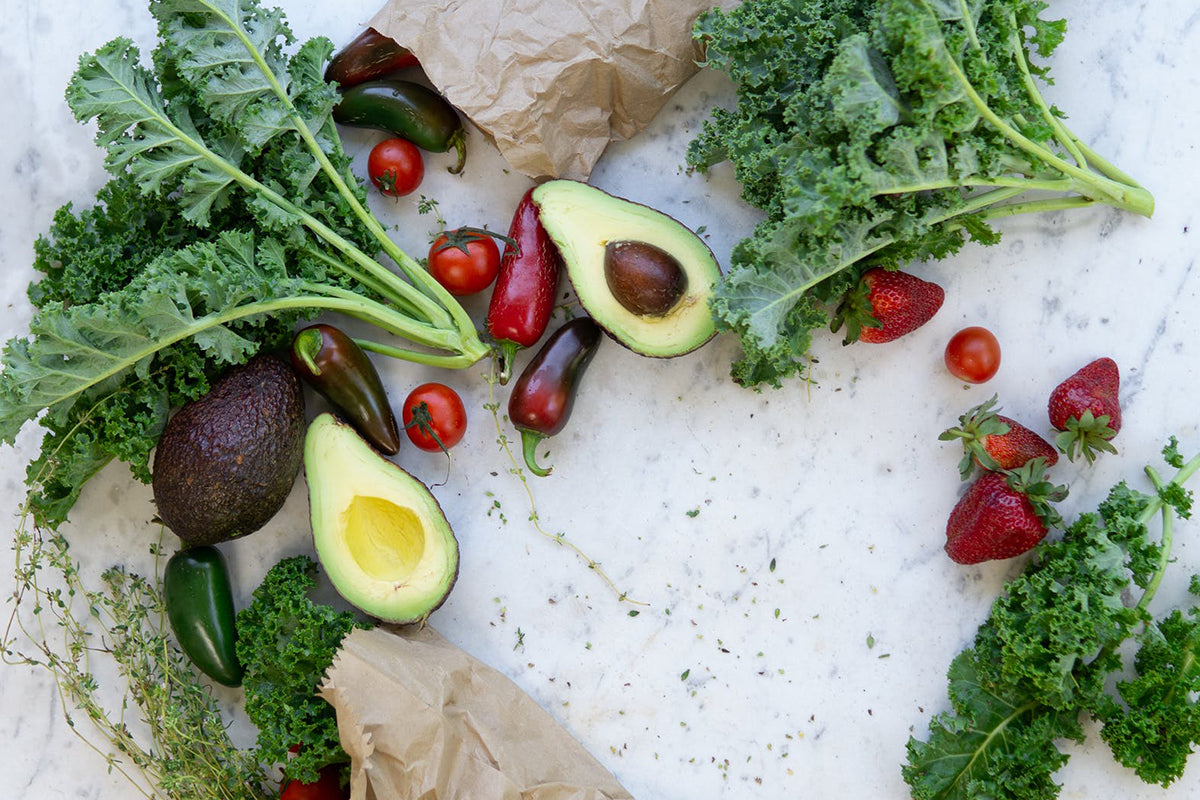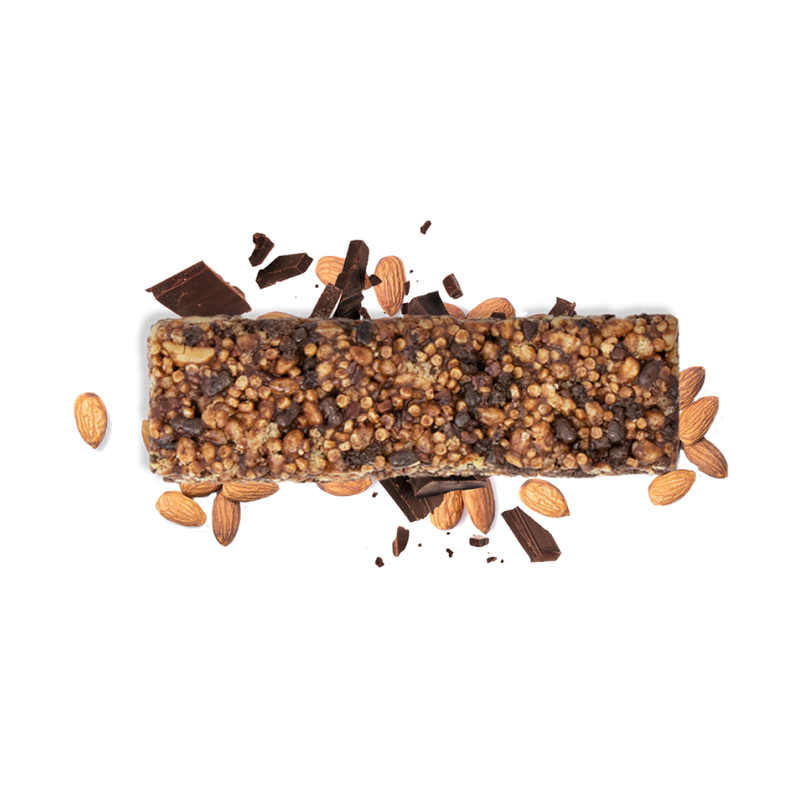If it is well known that a healthy diet allows you to stay in shape and maintain your body in good health, can you determine if your favorite foods are really healthy for you? Between misleading food labels and increasingly “healthy” marketing, finding your way around can be confusing and difficult! Find all our tips and tricks in this article for maintaining a balanced and healthy diet.
What is a healthy diet?
Healthy foods are those that provide you with all the nutrients you need to maintain your body's well-being and conserve your energy. It is the perfect balance of essential nutrients such as carbohydrates, fats, proteins, fiber and vitamins and minerals, which make up a healthy and balanced diet.
Why eat healthy?
A healthy diet throughout life helps prevent:
- malnutrition in all its forms
- diabetes
- cardiovascular illnesses
- certain cancers
- and other consequences of obesity
Today, increased production of processed foods, rapid urbanization and changing lifestyles have led to a change in eating habits. People tend to eat fatty and salty dishes with more sugar and little fiber.
The exact composition of a diverse, balanced and healthy diet will vary depending on individual characteristics (e.g. age, gender, lifestyle and degree of physical activity), cultural context, available foods locally and eating habits.
While certain eating fads come and go, the basic principles of what constitutes a healthy diet remain the same.
How to maintain a healthy diet?
Several government institutions offer food guides to eat better, such as Eat Move or the WHO .
Foods to favor in adults:
- Fruits and vegetables: 400g/day excluding potatoes, sweet potatoes and cassava. Count on 5 fruits and vegetables per day, for example 3 servings of vegetables and 2 fruits or 4 of vegetables and 1 fruit.
- Legumes (beans, lentils, chickpeas): 2 times a week.
- Lipids: less than 30% of total energy intake. Prefer unsaturated fats are preferable to saturated ones (fatty meat, butter, palm and coconut oil, cream, cheese)
- Choose sunflower, rapeseed, walnut and olive oil.
- Eat fish twice a week, including fatty fish (sardines, herring, salmon)
What foods should you avoid?
Foods to avoid are:- Too salty products and salt: one teaspoon of salt per day.
- Meat: favor poultry and limit other meats to 500g per week.
- Free or added sugars, sweetened drinks, sweetened products: 50g/day for a person consuming 2000 calories (10% of intake, ideally 5%). Free sugars are any sugars added to foods or drinks by the manufacturer, cook or consumer, as well as sugars naturally found in honey, syrups, fruit juices and fruit juice concentrates.
- Alcohol: max 2 glasses/day and not every day.
- Cold meats: 150g/week
Are carbs good for you?
Consumed in moderation, carbohydrates can be a healthy tool to help your body obtain valuable nutrients. Carbohydrates (or any foods) with limited or minimal processing are the healthiest choices. For example, whole grain bread is a healthier choice than refined white bread.
Other healthy carbohydrates can also help improve your mood, promote weight loss and lower cholesterol like:
- Legumes (lentils, edamame, chickpeas, peas, etc.)
- Grains (corn, barley, oats, brown rice, etc.)
- Vegetables (spinach, broccoli, mushrooms, cauliflower, etc.)
Are fats good for you?
Fat is not always bad for your health! You may have heard that avocados are high in fat, but it's good fat! Foods like avocados, canola oil, and nuts all contain monounsaturated or polyunsaturated fats.
Your body needs it as a source of energy. They also help better absorb certain vitamins and minerals, build cell membranes, and are essential for blood clotting, reducing inflammation, and muscle movement.
On the other hand, saturated fats should be avoided. Common foods that contain it include cheese, coconut oil, whole milk, and red meat.
Eating these foods can cause real health problems like inflammation or blockages in the arteries that can lead to chronic illnesses like diabetes and heart disease, even stroke.






















